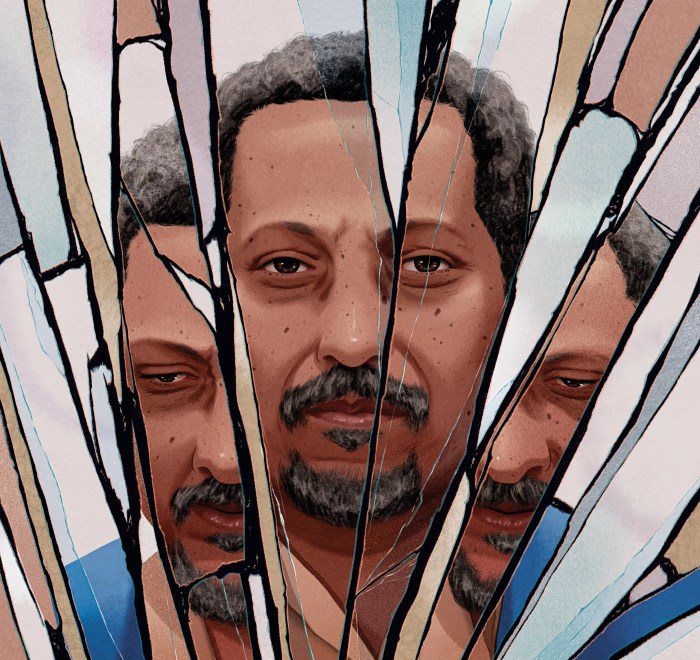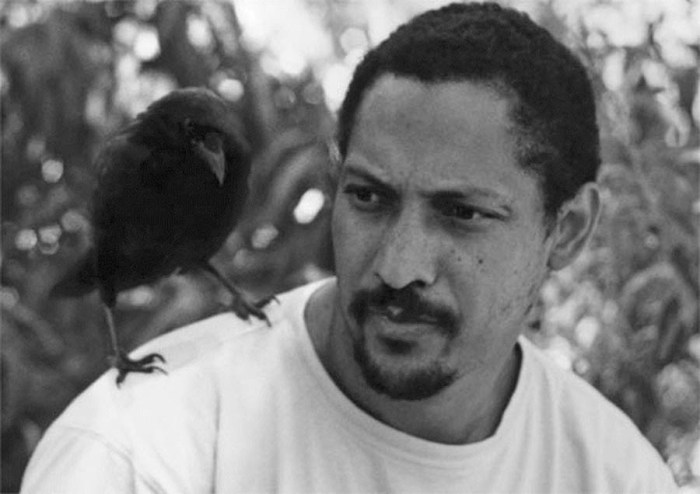Percival everett the appropriation of cultures – Percival Everett: The Appropriation of Cultures delves into the captivating literary world of Percival Everett, a renowned author whose works have sparked critical discourse on cultural appropriation, race, and identity. Everett’s unique writing style and experimental approach to storytelling challenge dominant cultural narratives, offering a fresh perspective on the complexities of cultural exchange.
Everett’s novels, such as “Erasure” and “The Trees,” provide compelling examples of cultural appropriation, inviting readers to question the authenticity and representation of diverse cultures in literature. Through his characters’ experiences, Everett explores the complexities of navigating cultural identity and the power dynamics that shape cultural appropriation.
Overview of Percival Everett’s Work

Percival Everett is an acclaimed American novelist, poet, and essayist known for his experimental and provocative writing style. His work often explores themes of race, identity, and cultural appropriation. Everett’s unique approach to storytelling challenges traditional literary conventions and prompts readers to critically examine the complexities of cultural exchange and power dynamics.
Examples of Cultural Appropriation in Everett’s Novels
In his novel “Erasure,” Everett tells the story of an African American man who undergoes a skin-whitening procedure and passes as white. Through this narrative, Everett critiques the social construction of race and the power imbalances it creates. Similarly, in “The Trees,” Everett examines the appropriation of Native American culture by white settlers, exposing the violence and erasure that have historically accompanied such acts.
Everett’s Use of Metafiction and Intertextuality
Everett frequently employs metafiction and intertextuality in his writing. In “Glyph,” he incorporates fragments from various sources, including legal documents, literary classics, and personal anecdotes, to create a complex and fragmented narrative that challenges traditional notions of authorship and authenticity.
Through these techniques, Everett blurs the lines between fiction and reality, inviting readers to question the reliability of the text and the very nature of storytelling.
Critical Perspectives on Everett’s Appropriation
Critical perspectives on Everett’s use of cultural appropriation vary. Some scholars argue that his work is a valuable contribution to the conversation about cultural exchange and power dynamics, while others criticize his approach as potentially exploitative and disrespectful. Supporters of Everett’s work maintain that his appropriation is self-reflexive and aims to critique the very power structures it employs, while detractors argue that it perpetuates harmful stereotypes and reinforces existing inequalities.
Everett’s Impact on Literary Discourse, Percival everett the appropriation of cultures
Everett’s work has had a significant impact on contemporary literary discourse. His exploration of cultural appropriation has prompted a broader conversation about the ethics and implications of using other cultures as source material. Everett’s influence can be seen in the work of other writers, such as Colson Whitehead and Junot Díaz, who have also explored themes of race and cultural identity in their writing.
Everett’s provocative and thought-provoking work continues to challenge readers and shape the landscape of American literature.
FAQ Resource: Percival Everett The Appropriation Of Cultures
What is the significance of Percival Everett’s work in contemporary literature?
Percival Everett’s work has significantly contributed to contemporary literary discourse by challenging dominant cultural narratives and exploring the complexities of cultural appropriation, race, and identity.
How does Everett use metafiction and intertextuality in his writing?
Everett employs metafiction and intertextuality to incorporate other texts, genres, and cultural references into his work, creating a multilayered exploration of cultural appropriation and identity.
What are the critical perspectives on Everett’s use of cultural appropriation?
Critical perspectives on Everett’s appropriation range from positive to negative, with some arguing that it promotes cultural understanding while others question its authenticity and representation.


